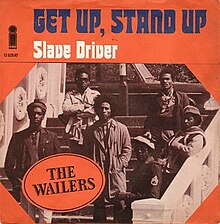Some three to five million Africans reached Brazil as slaves. Over nine decades from 1605 in what is now the state of Alagoas, Palmares developed from a fugitive community to a kingdom which parleyed with, fought with, and so had a recognition of sorts by, the Dutch and the Portuguese. On 6 February 1694, the kingdom fell to the Portuguese and its queen Dandara committed suicide to avoid a return to slavery.
On 6 February 1820 the Elizabeth and its escort the USS Cyane left New York for Africa. Its passengers included freed slaves and agents of the American Colonization Society.
The ideal of freed slaves going to Africa was a hobbyhorse for many of the white upper classes including no few slave owners. A fortnight before the Elizabeth left, President Washington’s nephew had expressed to members the hope that freed slaves would not be left “exposed to a repetition of those outrages which had originally destined them to a life of slavery”. However coherent that view, Cyane was the nymph who tried to stop Hades abducting Persephone.
The complex relationship between a western Babylon and an African diaspora is confronted in Rustafari, the religion which grew out of Jamaica in the 20th century and which is intertwined with reggae. When Robert Nesta Marley OM died, his last words for his son were “Money can’t buy life.” He may have been thinking of more than just his own achievements. Bob Marley was born on 6 February 1945.

You will look for yours on earth…”